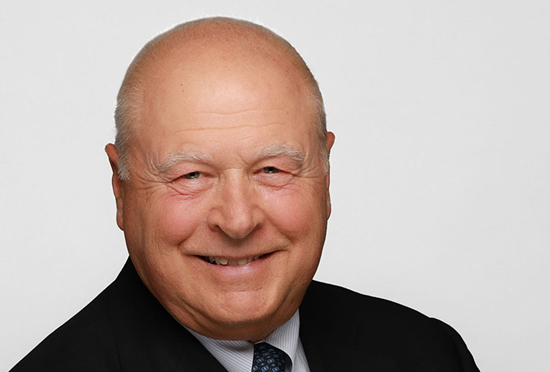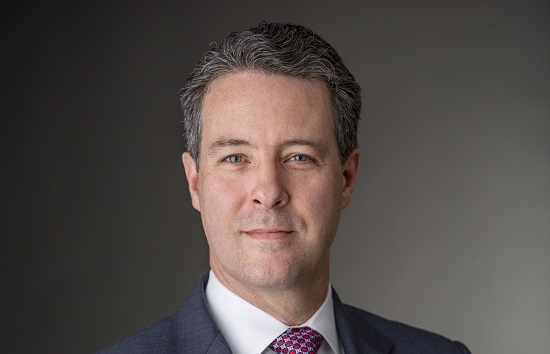US bill on SOFR is 'anti-choice' - Giancarlo

The US risks favouring Wall Street over Main Street if it removes choice by introducing legislation that only protects parties that transition from Libor to SOFR, the Secured Overnight Financing Rate.
That is the view of Christopher Giancarlo, former chair of US derivatives regulator the CFTC and an independent director of the American Financial Exchange (AFX), which developed the American Interbank Offered Rate (Ameribor) benchmark as a Libor alternative that targets small and regional banks.
A subcommittee of the US Committee on Financial Services this week introduced a bill that, according to Giancarlo, would not encourage competition in terms of interest rate benchmarks but would recognise only one benchmark.
“The legislation I think has caught us a little bit by surprise,” Giancarlo said during a discussion on the Libor transition hosted by AFX. “It does mirror legislation that was adopted in New York State, and our understanding there is that a lot of the Wall Street banks were behind that legislation and they well may be behind this as well.
“It’s certainly anti-choice,” Giancarlo said. “It certainly would work in favour of banks which fund their operations using treasury securities, which are the large Wall Street banks, and would not work in favour of the banks that lend against collateral that links to the real economy.
“If one rate is going to selected, one only, why choose a rate that reflects Wall Street’s borrowing costs and not Main Street’s borrowing costs?"
At a hearing on April 15, the Subcommittee on Investor Protection, Entrepreneurship and Capital Markets introduced the Adjustable Interest Rate (LIBOR) Act of 2021, which would allow certain contracts referencing Libor to switch to SOFR without the for amendment or litigation once Libor is discontinued.
“The problem with Libor was that we only had one rate, and we found out the problem when we needed to move away from that rate. Don’t we hazard the same risk by going from one rate to one rate?" Giancarlo added.
Reed Whitman, treasurer at Brookline Bancorp, a commercial bank which mainly serves the Boston/metro area, highlighted the importance of choice in risk-free rates.
“SOFR in my opinion is really designed for large institutionals that are doing a tonne of overnight repo and that allows them to hedge their books perfectly, but it’s not in my opinion a great option for a commercial loan,” he said.
“It’s not really tied to treasuries, so for us we think a credit component in an index is really important. We’ve really found that AFX has been a democratisation of the unsecured Fed Funds market.”
Zions Bancorp has also adopted Ameribor for the largest portion of its non-syndicated commercial loans, saying the benchmark reflects the actual cost of funds, has demonstrated less volatility relative to Libor than SOFR over the past two years, and accommodates 30-day reset dates that are a feature of most of its current Libor-based contracts.
According to Sandor, AFX’s forward looking term-rate Ameribor Term-30 will be joined by a 90-day term rate by the end of April, followed by futures on the 30-day rate.
“The Ameribor term rate will have a swaps market that will begin in a couple of weeks," he said. "We have a joint venture with Citi and ED&F Man, and others are in the planning.”
Sandor told Global Investor late last year that the 30-day and 90-day forward looking Ameribor rates would provide choice in the same way that markets have many stock indexes.
Found this useful?
Take a complimentary trial of the FOW Marketing Intelligence Platform – the comprehensive source of news and analysis across the buy- and sell- side.
Gain access to:
- A single source of in-depth news, insight and analysis across Asset Management, Securities Finance, Custody, Fund Services and Derivatives
- Our interactive database, optimized to enable you to summarise data and build graphs outlining market activity
- Exclusive whitepapers, supplements and industry analysis curated and published by Futures & Options World
- Breaking news, daily and weekly alerts on the markets most relevant to you



